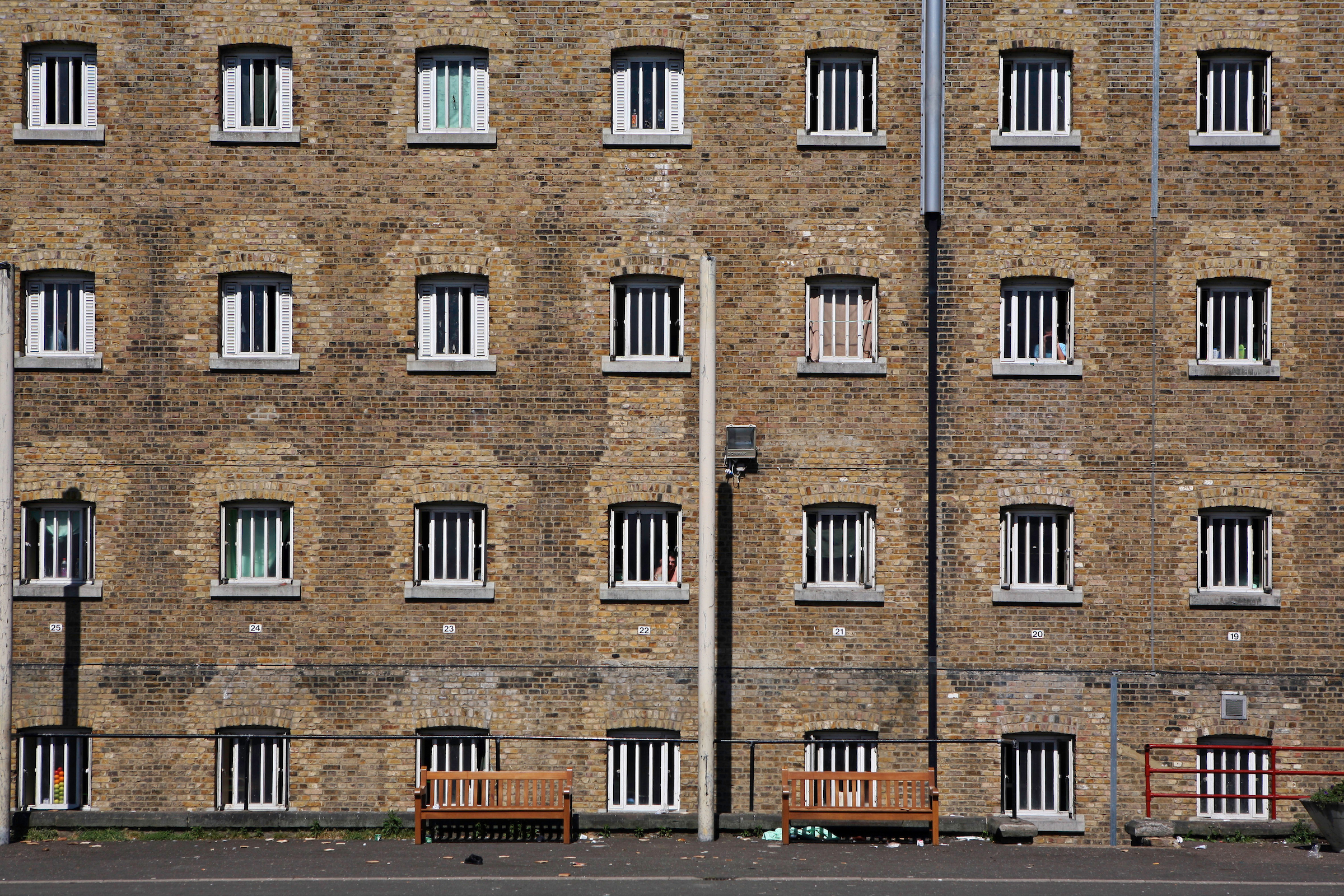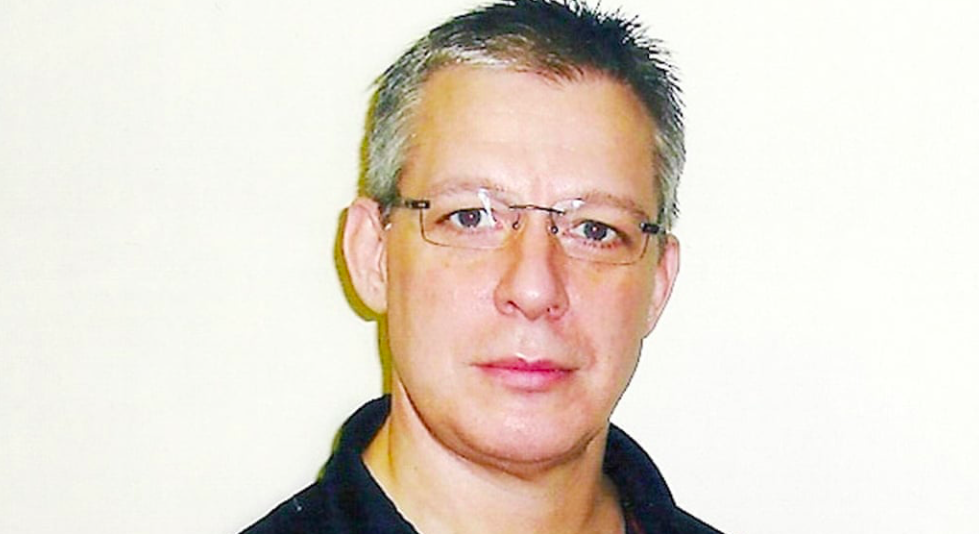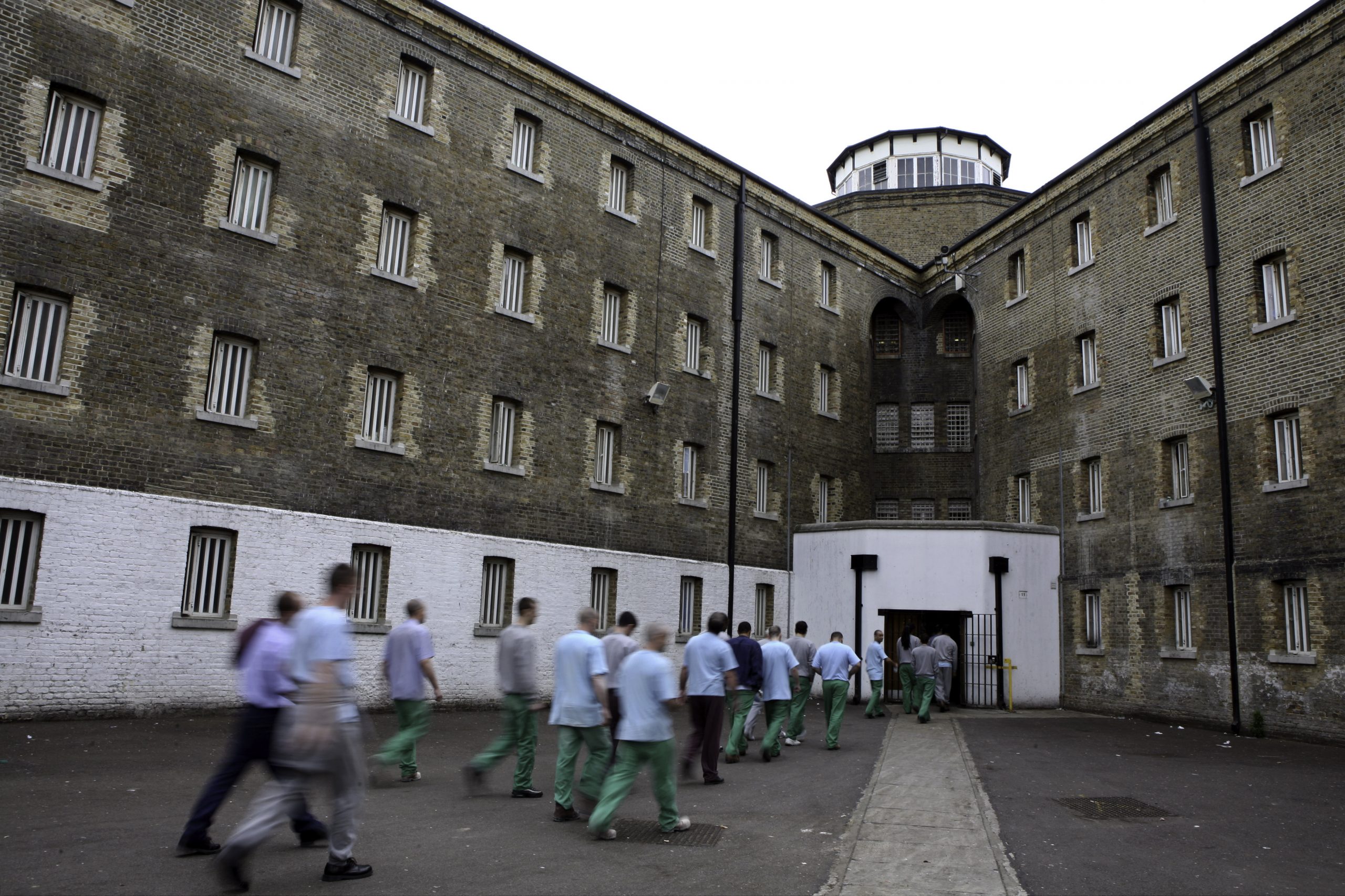Patients who should be in hospital are being left in prisons for more than a year, a review of prison mental health services has found.
HM Inspectorate of Prisons’ thematic review examined access to mental health services. In 2022-23, over three-quarters of prison reports included delays in mental health transfers.
Patients under the jurisdiction of the Mental Health Act cannot be legally assessed or treated in prison; instead, they must be promptly removed to secure hospitals. Delays in transfer completion often leave patients lingering in the prison system ‘for weeks, often months and, in the worst cases, for more than a year.’
The report evidenced that fewer than 15% of patients were transferred within 28 days, with the average time being 85 days. On numerous occasions, staff members miscalculated the length of the delays because they evaluated the wait time procedurally rather than from the patients’ perspective.
Far too frequently, ‘those in mental health crisis were held in conditions that were clearly detrimental to their health and well-being, usually in segregation or inpatient units.’
Worryingly, the report highlighted 8 key concerns such as prisons repeatedly being used as alternatives to secure hospitals and a lack of oversight and accountability for the long wait times. The shortage of beds was a significant obstacle to prompt patient transfer to secure hospitals.
Charlie Taylor, the chief inspector, of prisons stated, ‘Fundamental change requires a commitment to placing the patient at the centre, creating an independent and accountable admissions process so that they can access early care and get the help they desperately need.’
He continued, ‘There remains hope that findings will encourage immediate action so that acutely unwell people do not continue to suffer further harm awaiting the care that they need and to which they are entitled.’













